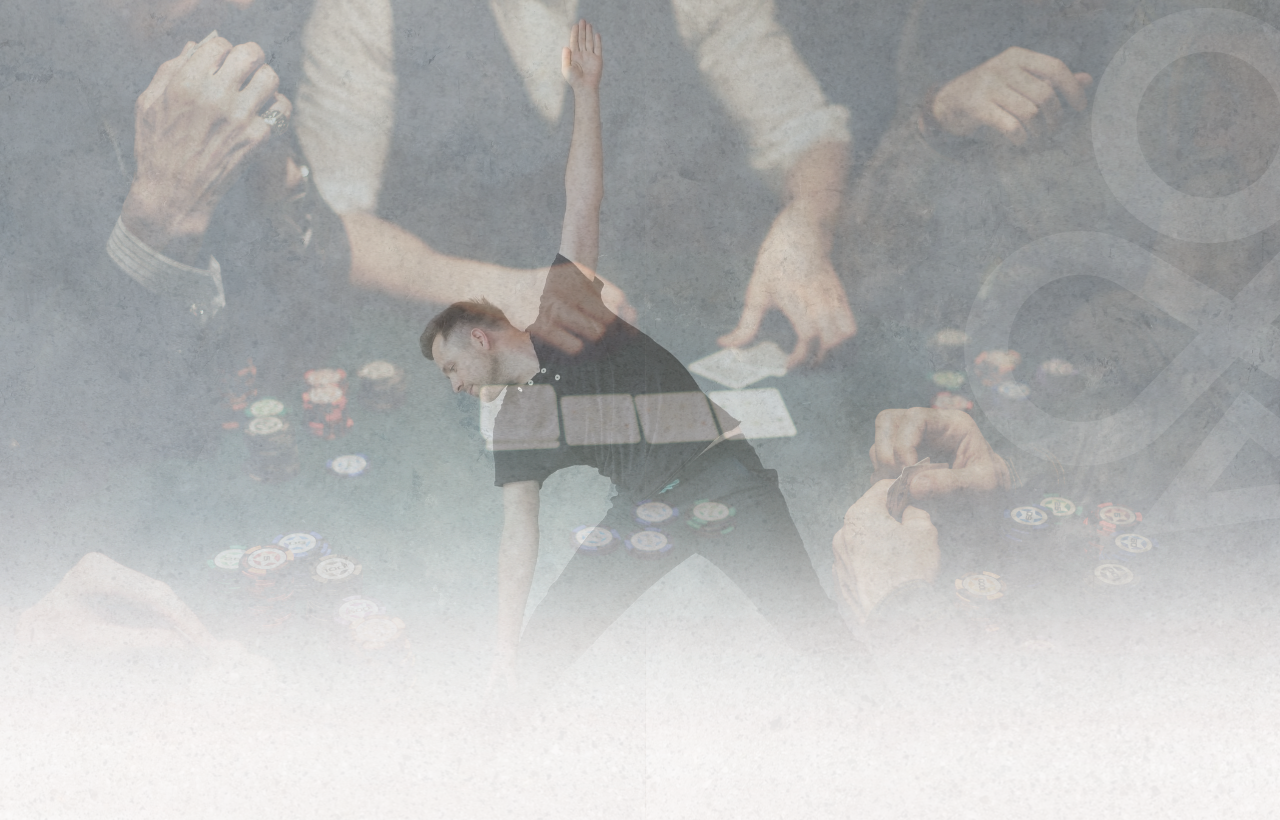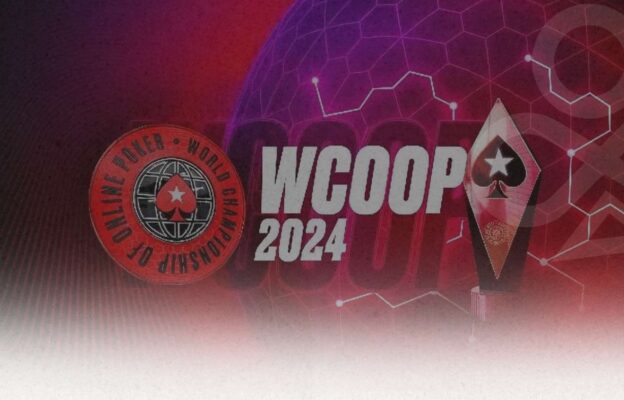Maintaining a balance between poker and personal life is essential for any poker player's well-being. This article offers practical tips to help poker players manage their time better while staying healthy and happy. We'll explore effective strategies for finding this vital balance.
The Importance of Balancing Poker and Life
It's crucial to remember that while poker can be a passion or a profession, it shouldn't consume every area of your life. Finding a healthy balance is the key to a fulfilling life and optimal performance at the tables.
Time Management Tips
- Setting a timetable ⏰ Creating a fixed schedule for playing poker can help prevent the game from interfering with other responsibilities. Determine specific times to play and stick to that schedule.
- Time for Family and Friends 👪 Dedicate quality time to your family and friends. This helps keep your personal relationships strong and offers a mental break from the game.
- Mindfulness practices 🧘♂️ Practice mindfulness techniques, meditation, like meditation, can help keep your mind clear and focused. This not only improves your game, but also your general mental health.
Maintaining Physical and Mental Health
- Regular Exercise 🏋️♀️ Regular physical activity is essential. Plan training sessions into your weekly routine to keep your body active and your mind alert.
- Healthy eating 🥗 Maintain a balanced diet provides the energy needed for prolonged poker sessions. Avoid junk food and prefer foods rich in nutrients.
- Sleeping well 😴 Adequate sleep is crucial. Make sure you get quality sleep every night so you're always in top shape.
Personal and professional development
- Continuous Learning 📚 Dedicate time to studying poker to improve your game. Read books, watch videos and take part in discussions to learn new strategies.
- Skills development 💼 In addition to poker, develop other skills that can be useful in life and in your career. This diversifies your skills and offers alternatives if you decide to change careers.
- Clear objectives 🎯 Set clear goals for your poker game and your personal life. Having defined goals helps you stay motivated and focused.
Consequences of Lack of Balance
A lack of balance between personal life and poker can have serious consequences:
- Mental health problems: Depression, anxiety and burnout.
- Deteriorating relationships: Lack of time for family and friends can cause conflicts.
- Physical problems: Muscle pain, headaches and injuries such as tendonitis are common in players who don't take care of their bodies.
- Low productivity: Physical and mental fatigue is reflected in performance at the tables.
The Need for Change
The current trend is for people to prioritize work-life balance, with an increasing focus on flexibility and quality of life. In poker, it is crucial that players understand their limits and adjust their routines. Players must focus on a sustainable balance in order to thrive in the long term. In short, maintaining a balance between poker and life is a challenge, but it is entirely achievable with the right strategies.




Comments